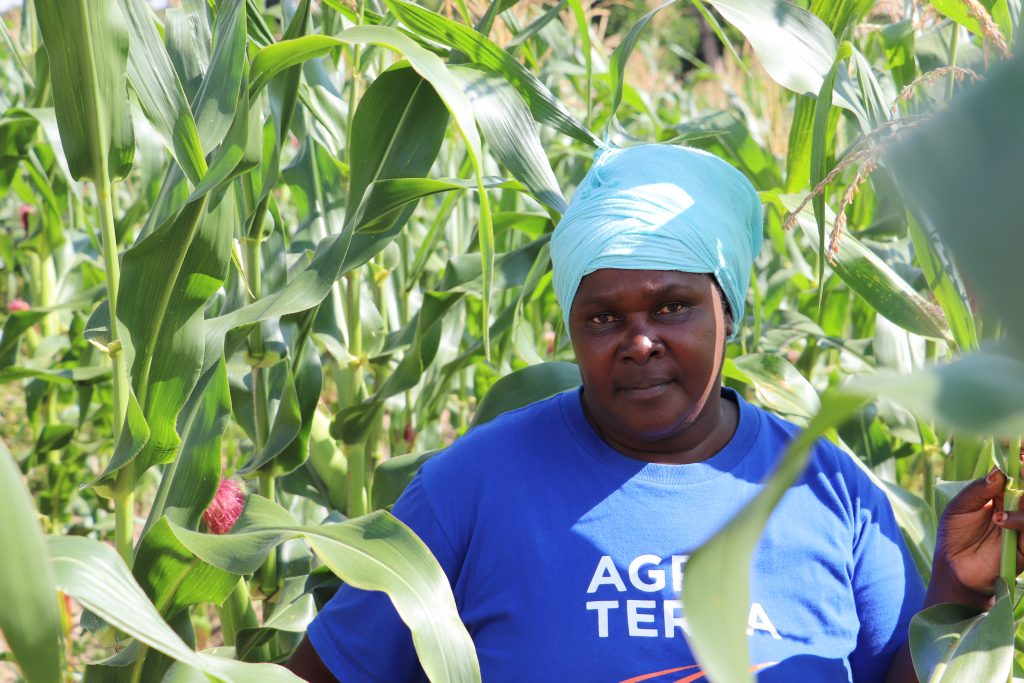
Dar es Salaam, January 2025 – Tanzanian exporters are facing a severe financial crunch as phytosanitary certification costs have skyrocketed, with fees increasing nearly sixfold. Previously set at Sh58,347 per container consignment, the new fee structure now demands Sh331,320, comprising an inspection fee of Sh201,320 and a phytosanitary export certification fee of Sh130,000 for shipments exceeding 1,000 kilograms.
Industry Alarm Bells Ring
The dramatic rise in costs has sparked widespread concern among industry players, who argue that it undermines their ability to compete on the global stage. “This increase is unsustainable,” said one exporter, speaking on condition of anonymity. “It directly impacts our pricing strategies and erodes our competitiveness in international markets.” Small and medium-sized enterprises (SMEs) are particularly hard-hit, with some reporting a staggering rise in operational expenses. For instance, one horticultural exporter saw costs for 29 shipments balloon from Sh1.4 million to Sh7.3 million, reflecting a significant financial strain.
Government’s Rationale
In defense of the new rates, Joseph Ndunguru, Director General of the Tanzania Plant Health and Pesticides Authority (TPHPA), emphasized the necessity of aligning with international standards and improving service quality. “The previous rates, established in 1996, were inadequate to sustain our operations and ensure compliance with global regulations,” he explained. To bolster efficiency, TPHPA has invested in five High-Performance Liquid Chromatography (HPLC) machines, enhancing laboratory capacity to test up to 2,000 crop samples weekly. This upgrade aims to reduce reliance on foreign laboratories and expedite the issuance of accurate phytosanitary certificates, crucial for maintaining market access and Tanzania’s reputation.
Impact on Market Competitiveness
The revised fee structure extends beyond containerized shipments, affecting non-container consignments processed at airports. Previously charged Sh45,900, exporters must now pay Sh155,000 for shipments over 1,000 kilograms. Industry experts warn that these escalating costs could jeopardize Tanzania’s position in global markets. A prominent cashew nut exporter to Europe and the UAE remarked, “If this issue isn’t addressed, Tanzania risks losing its market share to more cost-effective competitors.”
Key Sectors Under Threat
The fee hike threatens several critical export sectors that significantly contribute to Tanzania’s economy:
- Horticulture : $569.3 million
- Tobacco : $517.1 million
- Cashew Nuts : $422.8 million
- Oil Seeds : $307.4 million
- Coffee : $295.5 million
- Cereals : $273.4 million
Investors caution that the new fee structure contradicts President Samia Suluhu Hassan’s vision of expanding Tanzania’s agricultural exports and boosting foreign currency earnings. “This policy shift runs counter to the president’s efforts to enhance Tanzania’s presence in international markets,” noted an investor.
Regional Comparisons Highlight Disparities
A comparative analysis reveals stark differences in phytosanitary certification costs across the region, placing Tanzanian exporters at a disadvantage:
- Rwanda : 200 Rwandan Francs (TSh364.1)
- Uganda : 5,000 Uganda Shillings (TSh3,348)
- Kenya : 600 Kenya Shillings (TSh11,880)
These lower fees provide neighboring countries with a competitive edge, further complicating Tanzania’s export landscape.
Call for Policy Reevaluation
Exporters are urging the government to reassess the fee structure, emphasizing the need for a balanced approach that prioritizes regulatory compliance without crippling the industry. As Tanzania strives to solidify its status as a leading agricultural exporter, stakeholders advocate for measures that safeguard the sector’s viability and growth potential. The outcome of these discussions will determine whether the government can address the concerns and mitigate the adverse effects on Tanzania’s export-driven economy.
